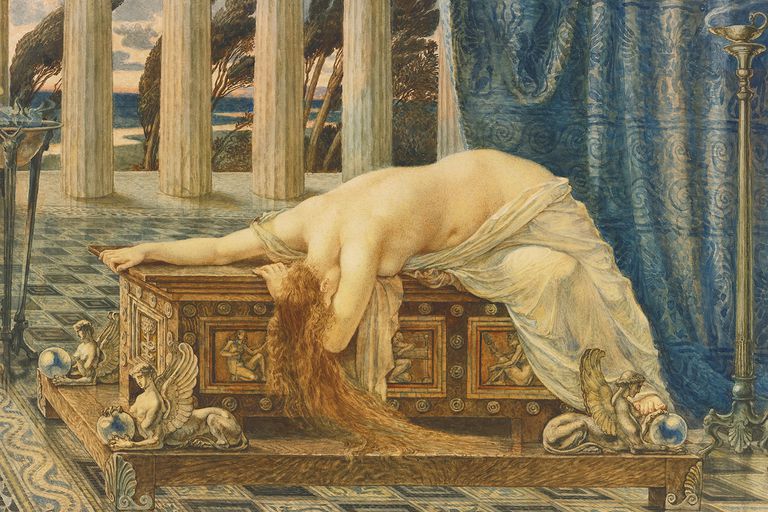Mythology: Hesiod – Pandora's Box
The box is the perfect antimyth. (Even the box’s best-known myth, Pandora’s box, exists only because Erasmus made an error translating Hesiod’s tale of Pandora, confusing pithoi, a large jar, with pyxis, a box). For defenders of the sacrosanct, the box is a derogatory term. Sanctuaries are often rectangular prisms, but to refer to them as boxes would be disrespectful. The box is appropriate only as a nom de guerre, as a collective name (a container?) for all that is discarded: an object of worship for the disenfranchised. The box is without identity. That is usually viewed as something negative. Still, it is precisely in its anonymity that the general appeal of the box resides. ‘Here Rests in Honored Glory, a Soldier, Known but to God’ reads the Tomb of the Unknown Soldier, Arlington National Cemetery. There is no family, no next of kin to pay their last respects. With no possibility for personal remembering, his memory becomes collective, all-powerful, universal. He who is known but to God belongs to all of us. The box is without identity. That is usually viewed as something negative. Still, it is precisely in its anonymity that the general appeal of the box resides.

According to the myth, Pandora opened a jar, in modern accounts sometimes mistranslated as "Pandora's box", releasing all the evils of humanity—although the particular evils, aside from plagues and diseases, are not specified in detail by Hesiod—leaving only Hope inside once she had closed it again